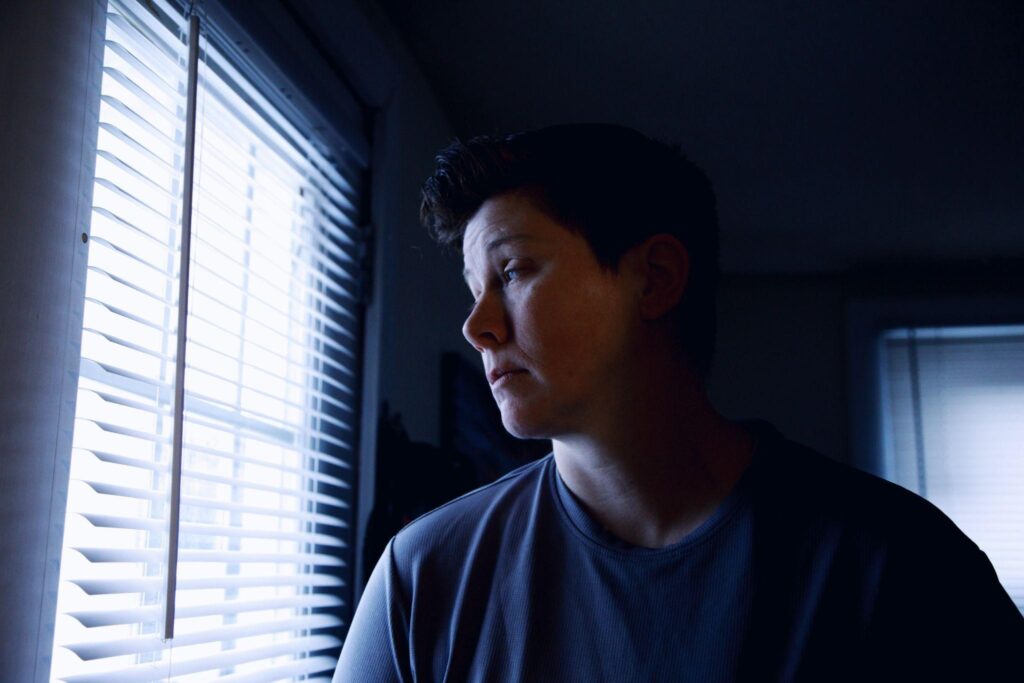What Happens in Rehab?

Admission into residential rehab can be scary, but knowing what to expect in rehab can help to alleviate some of the anxiety you may be feeling. If you are wondering what happens in rehab or what rehab is like, we will try to explain briefly below.
When you first arrive at a residential rehab centre, you will normally have a session with an addictions counsellor and a full medical assessment. The next stage will typically involve a medically assisted detox.
Detox will normally take between seven and ten days, but the time it takes will depend on various factors, including:
- The type of substance you are addicted to
- How much of the substance you consume a day
- How long you have been addicted to the substance
- How severe your withdrawal symptoms are
- Types of medication required during withdrawal
- How you are functioning, both physically and psychologically.
The next stage is intensive therapy, which is organised in both group and one-to-one sessions. Therapy is interspersed with recreational activities, such as yoga and meditation and three nutritious meals. This helps to reset your brain and allows you to follow a new routine when you return back to daily life — which helps to prevent relapse.
Activities you will take part in during residential rehab include:
- One-to-one counselling
- Group therapy sessions
- Music therapy
- Arts and creative therapy
- Yoga and meditation sessions
- Cross-addiction workshops
- Relapse prevention workshops
- Recreational activities, such as beach walks or dancing.
Call us now for help
As well as recreational activities, various types of therapy are used during addiction treatment, including:
- Cognitive Behavioural Therapy (CBT) — This is a type of therapy that works to alter thinking and behaviour that can be harmful. It teaches ways to deal with problems and disrupt negative or distorted thinking patterns, which can help you cope with challenging situations or emotions.
- Rational Emotive Behavior Therapy (REBT) — This is similar to Cognitive Behavioural Therapy (CBT) and focuses on solving current problems. It works by helping you to recognise destructive behaviour and then replace them with healthy ones. This helps people reach goals and gain greater fulfilment from life. Additionally, this therapy helps to teach ways to regulate emotional responses to stress and triggers.
- Dialectical Behavior Therapy (DBT) — This is therapy focused on your emotions and helps you gain awareness and practice mindfulness. It improves motivation to change and reduce harmful behaviour by teaching how to regulate intense and challenging emotions. It also equips you with strategies for when you feel emotionally overwhelmed.
Common Questions about What Happens in Rehab
Can you have visitors in rehab?
Rehab centres often have their own rules regarding visitors. Some are happy for you to have visitors, others may arrange family counselling, and some might discourage or not allow visitors. If you want to have visitors, it is best to check that the rehab centre will allow this and what conditions they have.
Can you bring your mobile to rehab?
Again, this will depend on each rehab centre and its rules. You may be able to have your mobile at all times, or you may only be able to have limited access. You should always ask what regulations the rehab centre has around using mobiles when you enquire about treatment.
Can you leave rehab?
You usually will not be able to leave rehab; however, many rehab centres will arrange opportunities to take part in outside activities. These could be walks along a beach or through the countryside, cinema visits or outings to places like coffee shops or art galleries.
Need more information about addiction treatment and residential rehab in Essex? Contact us for free, confidential advice about addiction and rehab without any pressure.
Why choose Step by Step?
- Fully Residential
- Around-the-clock care
- Medical detox unit
- Extended family support
- After care support service
- Nutritional food cooked by our chefs
- Outstanding quality of care
- Highly experienced team
